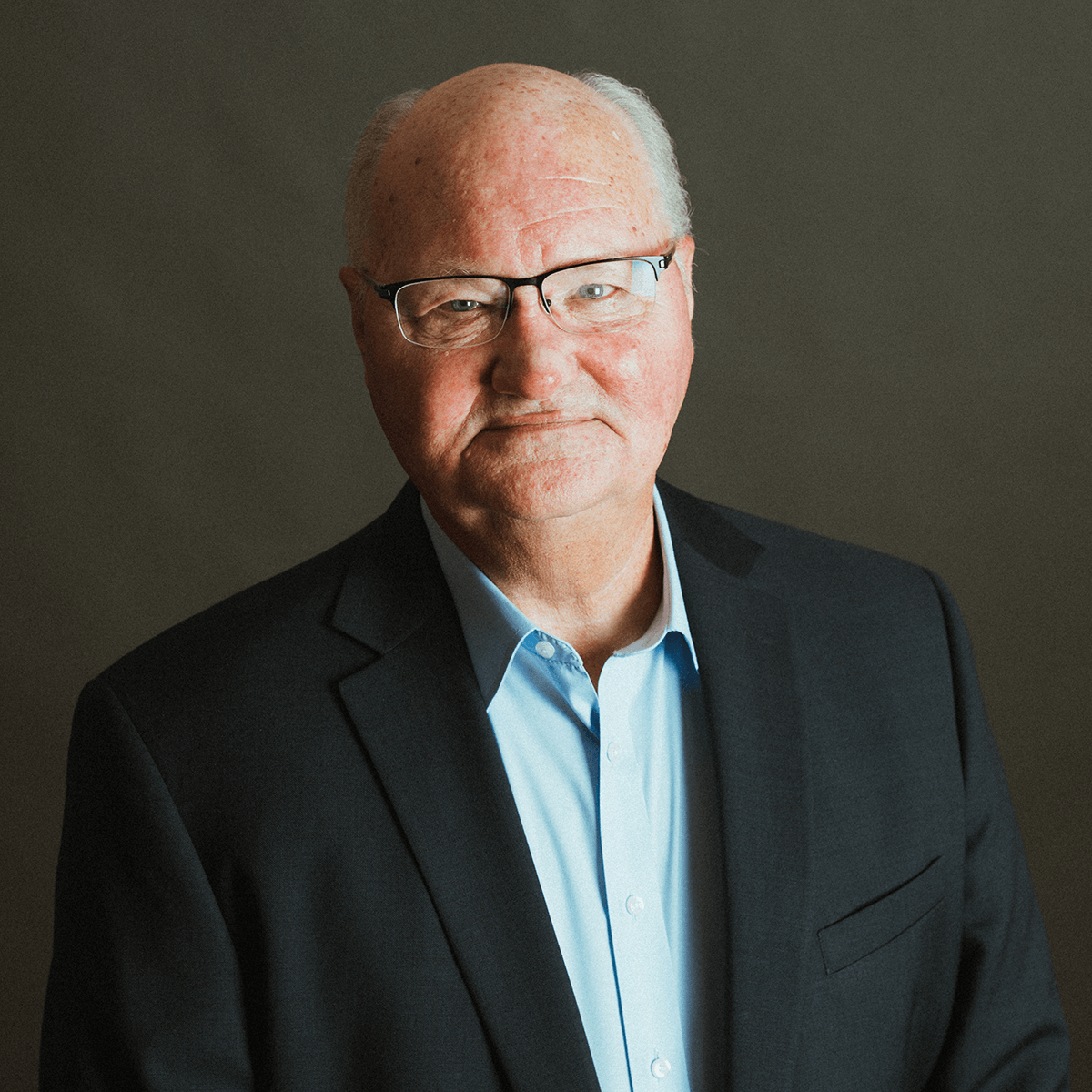
Gerald Roe, DMiss
Program Chair, Intercultural StudiesProfessor, Intercultural Studies
864.977.7070
gerald.roe@ngu.edu
Unit: Christian Studies
Location: Tigerville
“God did not create a mission for the church, He created a church for the mission. If ever there was a time for the church to assume its mandate in the world, it is now.”
-
Teaching & Education
You will learn with me when taking courses in Global Missions, Church Development (planting and revitalization), Cross-Cultural Engagement.
-
Professional Experience
My experience includes being a senior pastor of churches in Texas, Hawaii and Kentucky. I have also served as Director of Missions for the Massachusetts Baptist Association by appointment of the North American Mission Board, SBC, an international church planting catalysis, and a Seminary and University professor.
-
Selected Publications
- Numerous book reviews for “Missiology” the journal of the Evangelical Missiological Society.
- “The Church and Culture” article for the state journal of the South Carolina Baptist Convention.
- Where Would Jesus Go to Church, a study in biblical church growth, Innovo Publishing, 2013.
-
Selected Awards Received
- Faculty Outstanding Academic Achievement Wayland Baptist University
- Shikera Award, Hawaii Pacific Baptist Convention. A full ride endowment for advanced studies at Southern Baptist Seminary, Louisville, KY.
- Garret Fellowship. A teaching and research fellowship during doctoral studies. Southern Baptist Seminary, Louisville, KY
-
My Story
I grew up in a stable, Christian pastor’s home. From early on I knew that I wanted to be involved in ministry. Shortly after turning 17, God made it clear to me that ministry was, in fact His will for my life. I had my first pastorate at age 21. The first twenty-five years of my ministry were spent in senior pastorates. One of the things God constantly impressed upon me was the need to be “on mission” with God around the world. While serving as pastor of the Waikiki Baptist Church in Honolulu, God kindle a fire in me that has never gone out. He opened my heart and eyes to the fact that he was calling me away from the pastorate to cross-cultural ministry, missions. He further informed me that my mission involvement was to be through Christian higher education. This ultimately meant leaving Hawaii and returning to school to earn a doctorate that would qualify me to teach at that level. God provided all that was needed to make the transition. He opened the door for what proved to be my last pastorate and finally to gain further field experience as vocational missionary and mission administrator. In 2003 I was invited to interview for a faculty post in missions at North Greenville College, now university. By God’s great blessing, I was hired. Since that time, I have sincerely repeated with every passing year that since December 2003, I have not gone to work one day. Every day I go exactly where I want to go and do exactly what I want to do, in the very place I want to do it. Do I miss the pastorate? No. I have the opportunity to touch the world with the gospel through students who train for then do missions. In my office, I have a large map of the world. On it, in their various places of services, I have pins inserted in the countries where “my” majors are serving. Frequently, I just look at it and glory in the God who has allowed me to contribute to the Great Commission through His called out one from NGU. Trust me, it’s a rush!
Favorite Course to Teach:
I teach the full load of courses in the Intercultural Studies major; truthfully, I love them all. However, my favorite is Introduction to Missions. I enjoy laying the fundamental groundwork for the adventure that is to come. It is a pleasure to see the light come on in student eyes when they grasp the scope and magnitude of the call God has honored them with.
-
Related Links
Explore more resources related to this field of study:

